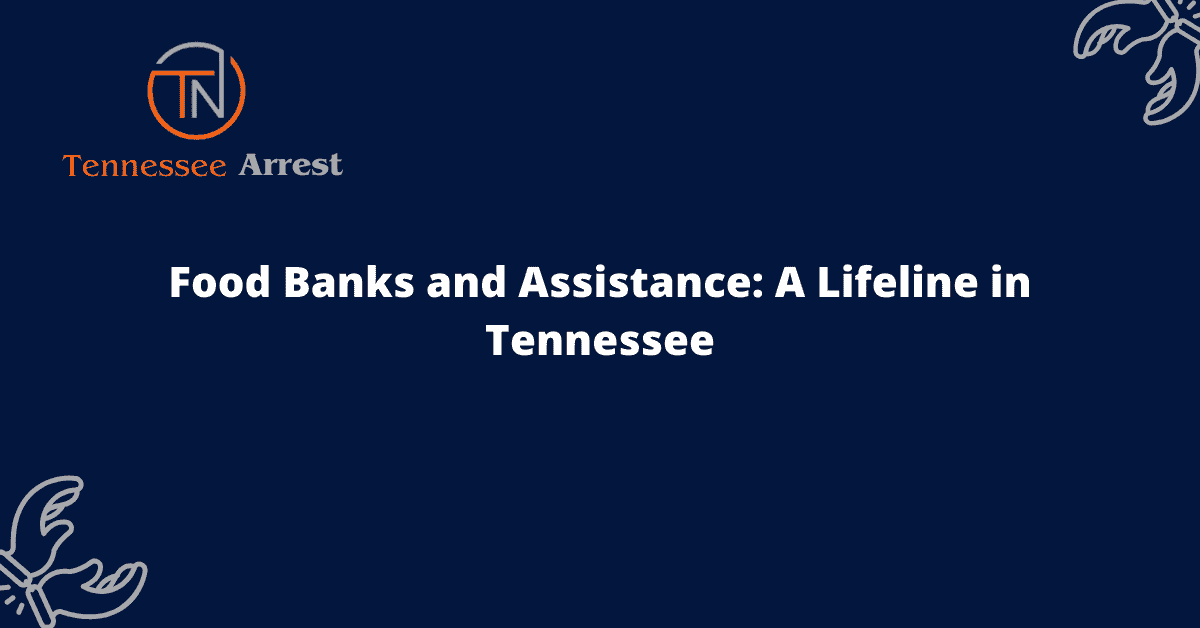Food Banks and Assistance: A Lifeline in Tennessee
Food banks and assistance programs play a crucial role in providing support and nourishment to those in need in Tennessee. With a growing number of individuals and families facing food insecurity, these organizations serve as a lifeline for countless individuals across the state. The services provided by food banks not only ensure that individuals have access to nutritious meals but also strive to address the root causes of hunger and poverty.
Through partnerships with local businesses, community organizations, and dedicated volunteers, food banks are able to collect and distribute large quantities of food to those who need it most. These organizations also offer a range of support programs, including job training, nutrition education, and assistance with accessing other essential services. By addressing the underlying issues that contribute to food insecurity, food banks in Tennessee are working towards creating a more sustainable and equitable future for all residents.
Food Insecurity in Tennessee
Tennessee is a state that is grappling with a significant issue of food insecurity. Many individuals and families in the state are struggling to access nutritious meals on a regular basis. This paragraph will explore the prevalence of food insecurity in Tennessee and shed light on the challenges faced by its residents.
The Role of Food Banks
Food banks in Tennessee serve as a crucial lifeline for those facing food insecurity. These organizations play a vital role in collecting and distributing large quantities of food to individuals and families in need. This paragraph will highlight the importance of food banks in addressing immediate hunger needs and providing essential support to vulnerable populations.
Partnering for Impact
Food banks in Tennessee work collaboratively with local businesses, community organizations, and dedicated volunteers to maximize their impact. This paragraph will discuss the partnerships established by food banks and how these collaborations help in collecting and distributing food more efficiently. It will also highlight the importance of community engagement in addressing food insecurity.
Holistic Support Programs
Food banks in Tennessee go beyond just providing food assistance. They offer a range of support programs that aim to address the root causes of hunger and poverty. This paragraph will delve into the various services provided by food banks, such as job training, nutrition education, and assistance with accessing other essential services. It will emphasize the holistic approach taken by food banks to uplift individuals and families out of food insecurity.
Creating a Sustainable Future
Food banks in Tennessee are committed to creating a more sustainable and equitable future for all residents. This paragraph will discuss how food banks address the underlying issues that contribute to food insecurity. It will explore initiatives focused on advocating for policy changes, promoting sustainable farming practices, and fostering community resilience. The paragraph will highlight the long-term goals of food banks in Tennessee, beyond just providing immediate food assistance.
FAQs
What are food banks?
Food banks are non-profit organizations that collect, store, and distribute food to those in need. They play a crucial role in providing assistance to individuals and families facing food insecurity.
How do food banks work?
Food banks work by partnering with local businesses, farms, and individuals to collect food donations. They then sort and distribute the donated food to community organizations, such as soup kitchens, shelters, and schools, who distribute it to individuals and families in need.
Who benefits from food banks?
Food banks benefit individuals and families who are experiencing food insecurity or are unable to afford nutritious meals. They also provide assistance to vulnerable populations, such as children, seniors, and individuals with disabilities.
How can I access food bank assistance in Tennessee?
To access food bank assistance in Tennessee, you can reach out to local food banks or community organizations that partner with food banks. They can provide information on eligibility requirements and help you access the resources you need.
What types of food are typically available at food banks?
Food banks provide a variety of food items, including fresh produce, canned goods, dairy products, grains, and proteins. The availability may vary depending on donations and partnerships with local businesses.
Can I donate to food banks?
Absolutely! Food banks rely on donations to continue their work. You can donate non-perishable food items, fresh produce, or even monetary contributions. Contact your local food bank for more information on how to donate.







